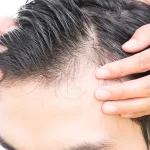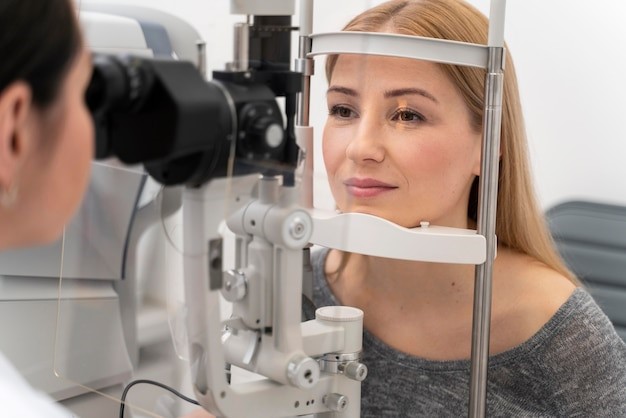Eyes are the windows to the world, and keeping them healthy is vital. Many people experience common eye conditions at some point in their lives. These can range from minor issues like dry eyes to more serious concerns such as cataracts or glaucoma. Each condition affects vision differently, and it can be hard to know what steps to take. That’s where an eye doctor comes in. They offer guidance and care tailored to individual needs. From prescribing glasses to recommending treatments like Modesto Lasik surgery, they provide options that improve eye health and vision quality. Regular visits to an eye doctor help catch issues early, leading to better outcomes. In this blog, we explore various eye conditions. We also look at how professional care can make a difference. Understanding these conditions and the treatments available is the first step to maintaining clear, healthy vision.
Dry Eyes
Dry eyes occur when your eyes do not produce enough tears or the right kind of tears. This can irritate, burning, and discomfort. Common causes include prolonged computer use, environmental factors, and certain medications. An eye doctor can recommend treatments such as artificial tears or special eye drops to help alleviate symptoms. They might also suggest lifestyle changes, like taking regular breaks during screen time or using a humidifier.
Cataracts
Cataracts develop when the lens of the eye becomes cloudy, causing vision to blur. This condition is often age-related but can also result from diabetes or injury. An eye doctor can diagnose cataracts during a routine eye exam and discuss potential treatment options. Surgery is a common and effective solution. It involves removing the cloudy lens and replacing it with a clear artificial one. According to the National Eye Institute, cataract surgery is one of the most successful procedures performed today.
Glaucoma
Glaucoma is a group of eye conditions that damage the optic nerve, often due to high eye pressure. It is a leading cause of blindness, especially in older adults. Early detection is crucial because vision loss from glaucoma is irreversible. An eye doctor can perform tests to measure eye pressure and assess optic nerve health. Treatment may involve prescription eye drops, oral medications, or surgery to reduce eye pressure and prevent further damage.
Macular Degeneration
Macular degeneration affects the central part of the retina, called the macula, and leads to vision loss. There are two types: dry and wet. Dry macular degeneration progresses slowly, while wet macular degeneration can cause sudden vision changes. An eye doctor can monitor the condition and suggest treatments like vitamins or laser therapy. Early detection and treatment can slow progression and help maintain vision quality.
Refractive Errors
Refractive errors, including myopia (nearsightedness), hyperopia (farsightedness), and astigmatism, occur when the shape of the eye prevents light from focusing directly on the retina. These errors are common and can often be corrected with glasses, contact lenses, or laser surgery. An eye doctor can assess the severity of the refractive error and recommend the best corrective option.
Common Eye Conditions and Treatments
| Condition | Symptoms | Treatment |
|---|---|---|
| Dry Eyes | Irritation, burning | Artificial tears, lifestyle changes |
| Cataracts | Blurry vision | Surgery, lens replacement |
| Glaucoma | Eye pressure, vision loss | Eye drops, surgery |
| Macular Degeneration | Central vision loss | Vitamins, laser therapy |
| Refractive Errors | Blurry vision | Glasses, contact lenses, laser surgery |
The Importance of Routine Eye Exams
Routine eye exams are key to detecting and managing these common eye conditions. According to the Centers for Disease Control and Prevention, regular check-ups can identify issues before they affect vision significantly. During an exam, an eye doctor can adjust prescriptions and recommend treatments that fit changing needs. These visits also offer a chance to discuss any concerns and receive expert advice on maintaining eye health.
Conclusion
Understanding common eye conditions and their treatments empowers individuals to take control of their eye health. Eye doctors play a vital role in diagnosing conditions, recommending suitable treatments, and providing ongoing care. Early detection and intervention can lead to better outcomes and help maintain clear vision. By prioritizing regular eye exams and following professional advice, we can protect our precious sense of sight for years to come.











